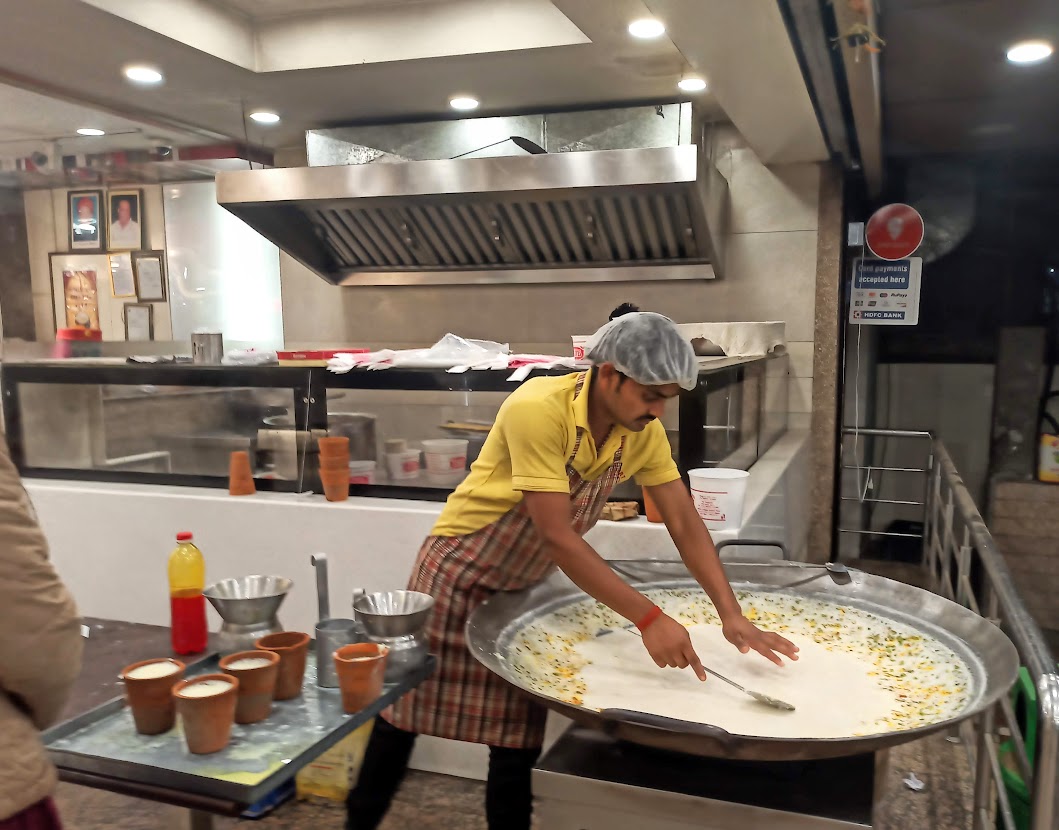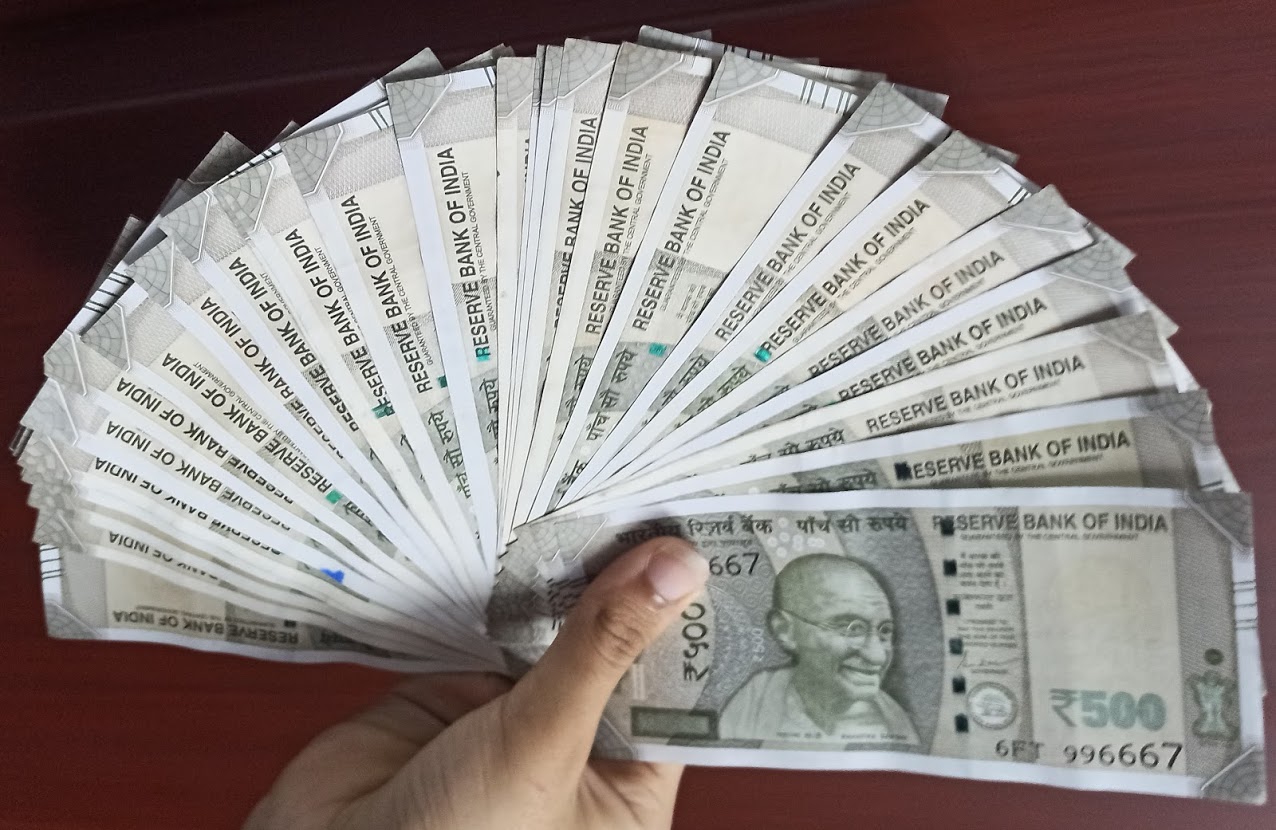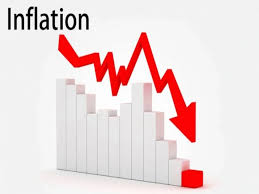MUMBAI: Rising food prices pushed up wholesale price inflation (WPI) in September, which reached a seven-month high at 1.3%, led by prices of potatoes and pulses.
Retail inflation figures, which were released earlier this week, were at eight-month high at 7.34% in September, leaving a bleak chance for the Reserve Bank of India (RBI) to cut rates.
"Supply bottlenecks, exacerbated by social distancing and higher taxes, pushed up inflation sharply, with pressures evident in prices of both food and non-food items," the RBI had said in its monetary policy statement last week.
At 6.7 % in August, consumer price index (CPI) inflation was ruling above the upper tolerance band of the inflation target, posing testing challenges for the conduct of monetary policy going forward, the central bank had cautioned.
ICRA vice president and principal economist Aditi Nayar said, "Similar to the trend displayed by the CPI, the WPI inflation overshot our estimate for September 2020 and rose to a seven-month high, driven by a quickening in the prices of food items."
She added that the disaggregated data did not provide much comfort regarding the inflation outlook, and today's data further cements the likelihood of an extended pause from the MPC.
Food item inflation was 8.17% as against just 3.84% in August, according to data released by the Ministry of Commerce and Industry. Vegetable, one of the items in the index, was at 36.54% in September, with the price of potatoes rising 107.63% from a year ago, while the price of onions had a deflation of 31.64%.
Inflation in food items during the month was at 8.17%, as against 3.84% in August, showed the data released by the ministry. Prices of cereals came down with a negative inflation print of 3.91% during the month, while the price of pulses went up by 12.53%. In the manufactured food category the inflation stood at 1.61% compared to 1.27% in the preceding month.
However, other industry watchers like Bandhan Bank chief economist Siddhartha Sanyal are of the opinion that it is driven by supply disruptions and not by demand overheating, considering that there is a 600-basis point gap between the retail inflation and the WPI.
"We continue to expect better convergence of WPI and CPI in the coming months, including a major softening in CPI inflation back to the RBI's comfort zone," stated Sanyal.






